CA Mukund Abhyankar
 The Local Body Tax called as LBT was introduced in Maharashtra in April 2013, replacing Octroi for certain cities other than Mumbai. Maharashtra Provincial Municipal Corporations Act, 1949, is the Act under which levy of LBT is being made in certain municipal corporations.
The Local Body Tax called as LBT was introduced in Maharashtra in April 2013, replacing Octroi for certain cities other than Mumbai. Maharashtra Provincial Municipal Corporations Act, 1949, is the Act under which levy of LBT is being made in certain municipal corporations.
In exercise of the powers conferred by sub section (1) of Section 152T and of all other powers enabling it in that behalf, the Government of Maharashtra, made rules vide Noti. No. LBT-0209/CR-65/09/UD-34, dt. 25th March 2010 namely “Bombay Provincial Municipal Corporations (local body tax) Rules, 2010” (Now The Maharashtra Municipal Corporation (Local body Tax) Rules, 2010) and levied LBT in Corporations of Maharashtra. The name of the Act is changed as The Maharashtra Municipal Corporations Act (Act No. LIX of 1949). The concerned sections are sec. 152B to sec. 152 O except 152C in chapter XI–A and sec 152 P to sec 152 T in chapter XI-B. The Act is governed by Urban Development Department. Section 127 (2) (aaa) of the said Act authorizes Municipal corporations to impose LBT on the entry of goods into the limits of the city for consumption, use or sale therein. LBT applies to the areas of Municipal Corporation. Hence if any trader is carrying on business in more than one Municipal Corporation, he has to obtain registration certificate in each such Corporation separately. –
Certain Definitions have been given under Rule 2 of the Maharashtra Municipal Corporation (Local body Tax) Rules, 2010) while meanings of other terms not specifically defined under the Rules, have to be taken from respective definitions given in the Act.
From its introduction in Apr 13 till the recent amendment, coverage of business organizations under LBT followed turnover limits for compulsory registration under MVAT Act and Rule 9(3) provided for deemed registration of business organizations who were registered under MVAT. The liability for registration accrues even if the limits of turnover are crossed in the immediately preceding year. These turnover limits before amendment covered practically all business organizations which resulted into huge protests from trading community against levy of LBT and constant demand for scrapping of the tax.
A political solution seems now to have been worked out where demand for scrapping of the tax has been met for majority of the traders, through introduction of turnover based exemption from the tax like the SSI exemption given under Excise.
In response to strong resistance from the trading community LBT is now abolished for small dealers in 25 of the municipal corporations in Maharashtra, including those of Thane, Pune and Kalyan-Dombivali. LBT will now be inapplicable for dealers having turnover of sale or purchase less than Rs. 50 Crores annually, who account for 99.85 per cent of all traders in the State.
Accordingly a Notification No. LBT. 2015/CR-47/UD-32 dated 3.8.15 has been issued for effecting necessary amendments in LBT Rules, 2010
Salient features of this amendment are as follows.
1. Rule 3 of these Rules makes provisions for compulsory registration under the LBT Rules.
As a result of amendment , a proviso is added in sub rule (1) said rule 3 to provide that for any period starting on or after 1st April 2015, the dealer whose turnover of sales or turnover of purchases, during any year, is not less than 50 Cr. shall only be liable for registration.
As a result of this amendment therefore all dealers whose turnover of sales or purchases is less than Rs. 50 Crores are exempted from the requirement of registration and therefore from levy of LBT.
2. In addition to amendment in Rule 3, an amendment is also made in Rule 17 which deals with cancellation of certificate of registration. Accordingly for clause (b) in sub-rule (1), of rule 17 of the Principal Rules, following sub-clause has been substituted, which now provides for deemed cancellation of registration of all dealers having turnover limit below Rs. 50 Cr in the preceding financial year. Substituted provision of Rule 17 (1) (b) reads as follows.
Rule 17 (1) where
(b) “neither the turnover of sales nor the turnover of purchases of a registered dealer, during the year prior to the year starting on 1st April 2015 has exceeded rupees 50 Cr. then, the certificate of registration of such dealers shall be deemed to have been cancelled with effect from 1st August 2015.”
Eligibility for New Exemption or Criteria to determine whether a business organization operating in any of the covered cities is liable for registration and payment under LBT for that city.
These amendments exempt business organizations from levy of LBT and for determination of exemption eligibility under the amended Rules following legal provisions as per the Principal Act are relevant.
Chapter XI – B Provisions Relating to LBT
1. Section 152 P Levy of LBT
Subject to the provisions of this Chapter and the rules, the Corporation to which the provisions of clause (aa) of subsection (2) of section 127 apply, may for the purposes of this Act, levy and collect LBT on the entry of goods specified by the State Government by notification in the Official Gazette, into the limits of the city, for consumption, use or sale therein, at the rates specified in such notification.
2.Section 152 R Applicability of certain provisions of Chapter XIA
The provisions of sections 152 B, 152 D, 152 E, 152 F, 152 G, 152 I, 152 J, 152 K, 152 L, 152 M, 152 N & 152 O of Chapter XIA shall mutatis mutandis apply to levy and collection of LBT under this Chapter.
3. Section 152 B (1) Incidence of cess
Every Dealer whose turnover either of all sales or of all purchases or of all imports made
a) During the year immediately preceding to the year or
b) During the year
In which the Corporation has decided to levy the cess specified in subsection (2) of section 127 has exceeded pr exceeds the relevant limit prescribed in this behalf shall be liable to pay the cess under this Act.
Provided that a dealer to whom sub clause (a) does not apply but sub clause (b) applies and whose turnover of all sales or of all purchases or of all imports first exceeds the relevant limit prescribed in this behalf after the first day of April of the year in which the Corporation has decided to levy the cess, shall not be liable to pay cess in respect of the goods imported by him into the limits of the City for consumption, use or sale therein up to the time when his turnover of sales or of purchases or of imports as computed from the first day of April of the said year, does not exceed the relevant limit prescribed in this behalf.
Definitions
4. Dealer (S. 2[16A]) : “Dealer” means any person who weather for commission, remuneration or otherwise imports, buys or sells any goods in the city for the purpose of business or in connection with or incidental to his business.
5. Section (70A) Turnover of Purchases – means the aggregate of the amount of purchase price paid and payable by dealer or a person in respect of any purchase of goods made by him during a given period after deducting the goods returned by him to the Seller (within span of six months).
6. Section (70B) Turnover of Sales – means the aggregate of the amount of sale price received or receivable by a dealer or a person in respect of any sale of goods made by him during given period after deducting the goods retuned to him by Purchaser (within span of six months) and where the registration certificate is cancelled the amount in respect of sales made before the date on which the cancellation became effective, received or receivable after such date.
Conclusion
Applying above provisions following conclusions can be drawn
1. To be liable under LBT, business organization must be engaged in business of buying or selling of goods in a particular city. Thus determination as to whether a particular business organization is a dealer under LBT is decided based on business activity in each city separately and thus status as a dealer under LBT is qua city and not as a legal entity.
2. Once it is determined that a particular organization is a dealer under LBT, then requirement of registration under LBT is based on turnover limits for purchases and sales. For this purpose, definitions of turnover of sale & purchase are relevant. It is observed that these definitions nowhere refer to purchase or sales made in a particular city and hence on conservative basis these should be taken as purchase or sales made in Maharashtra as a legal entity by the dealer.
3. Applying above cumulatively therefore it appears that where an organization carries on business of buying or selling in a city covered under LBT and where turnover of purchases or sales made by such organization in Maharashtra (in other words Turnover as per MVAT) is more than Rs. 50 Cr., then such organization shall be required to register itself in that city even though turnover in that city has not crossed Rs. 50 Cr and pay LBT on the purchase turnover for that city as per provisions of charging section 152 B
4. Such big organizations should therefore continue to remain registered and pay LBT in respect purchases of goods made into the city even after the amendment.
5. It appears that Small organization whose turnovers for FY 2014-15 were less than Rs. 50 Cr are exempted from the requirements of registration from Apr 15 onwards and are therefore not liable to pay LBT from 1.4.15 as per provisions of charging section 152 B, even if their certificates are cancelled w.e.f. 1.8.15. This view however needs to be confirmed by authorities through necessary circulars clarifying the position before decision for the same can be taken by business organization.
Further Clarifications
Author may be contacted for further clarifications and support for specific problems of particular business organization at mbabhyankar@gmail.com. Readers are requested to send their feedback and also mail queries which they may have about eligibility of their organisation under the amended exemption criteria.









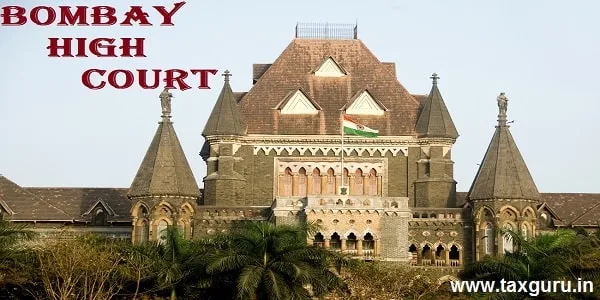

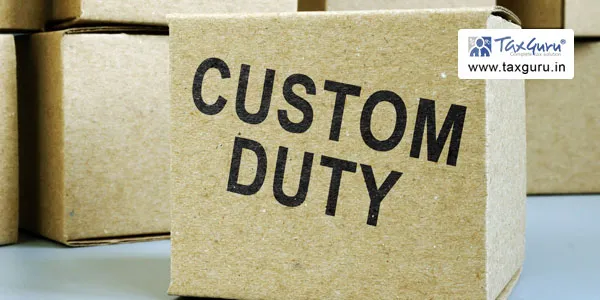


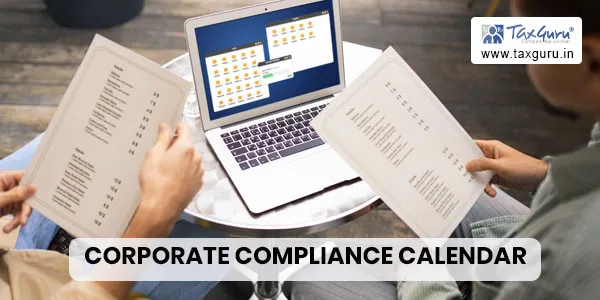

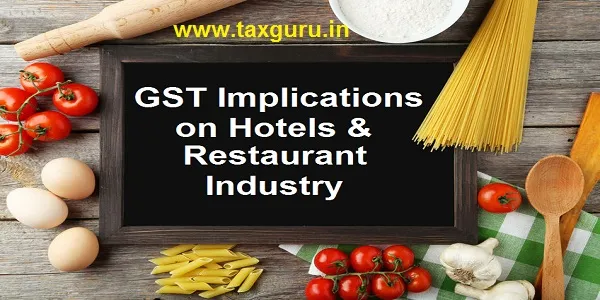



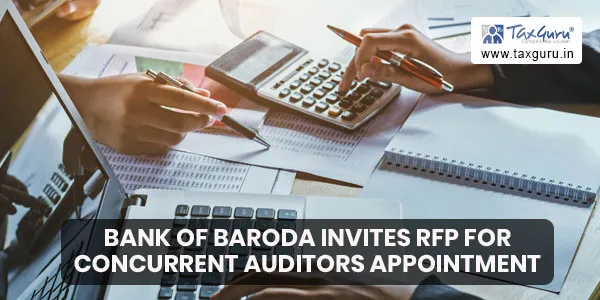
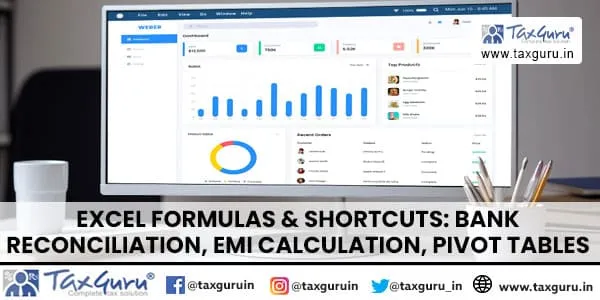
I do not get any explanation. Pl arrege
Dear Sir,
I am having branch office in Pune outside octroi my turnover is 20 crore and in city around 10 crore yearly. My headoffice is in Mumbai and having turnover of Rs.75 crore.Can I become liable for LBT.
We are having a turnover of Rs.75 Crore in F.Y.2014-15 and our budgeted turnover for F.Y.2015-16 is Approx Rs.90 Crores. We have around two branches other one branch are in PMC Corporation outside area and one branch at Pune city. Our turnover at Pune city will be around Rs.45 Crores.
Kindly suggest whether we are taxable to LBT or not. As per our VAT Return combine our turnover will be around Rs. 75 Crore in Maharashtra
We are having a turnover of Rs.75 Crore in F.Y.2014-15 and our budgeted turnover for F.Y.2015-16 is Approx Rs.90 Crores. We have around four branches other three branches are in M.P. and one one branch at Nagpur. Our turnover at Nagpur will be around Rs.40 Crores.
Kindly suggest whether we are taxable to LBT or not. As per our VAT Return our turnover will be around Rs.40 Crore in Maharashtra.
Res sir, We got turnover over 100Crs in year 2014/15 and got LBT no.In year 1/04/2015 to31/07/2015 we got turn over of Rs 27 cros and paid LBT on it. Now from 1/08/2015 on words our LBT paid turn over will calculate in limit of Rs 50 crs. Secondly EOne sales against c form is included in turnover of Rs 50 crs.? Pl advice
Sir, Kindly clarify the definition of sales turnover, weather gross sale or net sale is taken into account? if turnover here includes Excise and sales tax the even entities having less turnover may cross the threshold limit. Please clarify.
Senseless Law. It must be challenged as it is against constitutional rights to equality. It will discourage and kill large units. Needless to mention that large units are already under various taxes, licenses, Inspector Raj, and are prone to harassment. they are already under unnecessary compliance of various law.Now The whole LBT machinery will squeeze these units to fill their coffers. The greedy government is enjoying drastic increase in Vat Collection but can not do away with Octroi and LBT. Any Taxes once imposed is very difficult to be withdrawn even if the revenue increases manifold.